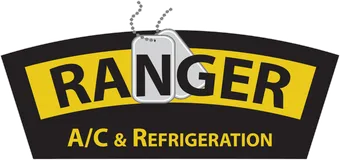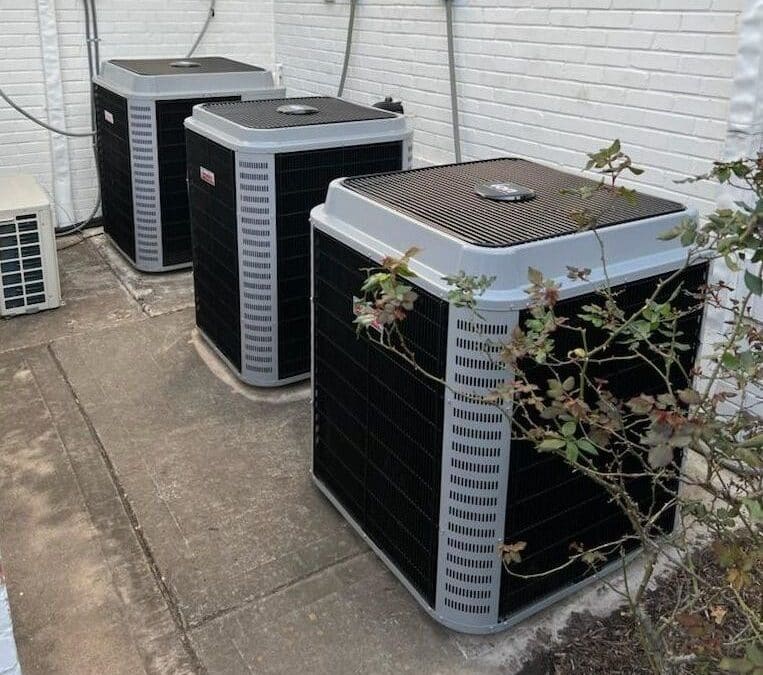Air conditioning systems are essential for maintaining comfortable indoor temperatures, especially in regions with hot and humid climates. Proper understanding of AC systems, their common problems, and maintenance practices can help ensure efficiency, longevity, and effective cooling. In this blog post, we’ll explore typical issues homeowners face with air conditioners and provide practical maintenance tips to keep your system running smoothly year-round.
Common Air Conditioning Problems
Air conditioners are complex systems comprised of various components, which means they can face a variety of issues. Here are the most common problems associated with AC units:
1. Wear and Tear
Over time, your air conditioner experiences standard wear and tear, especially those that have surpassed 10 years of service. Older units may have reduced efficiency and higher chances of breakdowns or costly repairs.
2. Motor Issues
Motors inside your AC unit can wear out, resulting in reduced airflow and diminished cooling capacity. Issues like unusual noises, weaker cooling, or frequent stopping are common indicators of motor failure.
3. Weather Damage
AC units exposed to the elements can experience damage caused by rain, UV rays, extreme heat, or debris. This can cause physical damage or hinder system function.
4. Refrigerant Leaks
Refrigerant is crucial for cooling. A leak can result in poor cooling performance and increased energy consumption. It’s vital to address refrigerant leaks promptly to prevent system strain.
5. Clogged Air Filters
Dirty or clogged air filters impede airflow, causing the AC unit to work harder to cool the space. This issue can also lead to poor indoor air quality and reduce overall system efficiency.
Signs Your AC Needs Repair
Being proactive about identifying AC issues can save you costly repairs. Look out for these warning signs:
- Uneven Cooling: Certain rooms feel warmer or cooler than others.
- Strange Noises: Rattling, buzzing, or grinding sounds coming from your unit.
- Spike in Energy Bills: An increase in energy consumption without a change in usage may indicate inefficiencies in your system.
- Warm Air: If your system blows warm air instead of cool air, it may need professional attention.
Tips for Maintaining Your Air Conditioner
Routine maintenance plays a crucial role in minimizing common problems and extending the longevity of your unit. Here are actionable tips for ensuring optimal system performance:
1. Schedule Regular Tune-Ups
Routine AC maintenance helps detect potential issues early, making repairs easier and more cost-effective. For example, an AC tune-up can improve system efficiency and reduce the likelihood of breakdowns.
2. Replace Air Filters Frequently
Air filters should be cleaned or replaced every 1–3 months, depending on usage and air quality conditions. A clean filter ensures proper airflow and keeps your system running efficiently.
3. Keep Outdoor Units Clear
Ensure the outdoor AC unit is free from debris like leaves, dirt, and branches that could obstruct airflow. Trim surrounding vegetation regularly to provide enough space for air circulation.
4. Inspect Duct Work
Leaky or blocked ducts can prevent air from circulating properly, leading to uneven cooling. Inspect the ductwork periodically for damage or clogs.
5. Monitor Refrigerant Levels
Low refrigerant levels can strain the system and lower its cooling capacity. Have your AC professionally checked if you suspect a refrigerant leak.
When to Upgrade Your AC
If your air conditioning unit is older than 10 years, it may be time to upgrade to a newer, more energy-efficient model. Over time, older units become less reliable, consume more energy, and struggle to keep up with cooling demands. Modern systems incorporate efficient technologies, reducing energy costs and improving cooling performance.
Benefits of Proper Air Conditioner Maintenance
Investing time in maintaining your air conditioning system yields numerous benefits:
- Reduced Energy Bills: Well-maintained systems consume less energy and lower costs.
- Improved Cooling Performance: Ensures consistent and effective cooling.
- Longer System Lifespan: Proper care prevents premature wear and tear.
- Healthier Indoor Air Quality: Clean filters and ducts reduce airborne allergens and pollutants.
Final Thoughts
Understanding how your air conditioner works and staying proactive about its maintenance can prevent expensive repairs and unexpected breakdowns. From scheduling regular tune-ups to replacing air filters on time, simple steps can significantly impact your system’s performance.
If you’re noticing issues with your air conditioning system that you can’t fix yourself, seek professional help to avoid worsening the situation. Whether it’s repairing a broken unit or upgrading to a modern system, addressing AC problems swiftly is key to maintaining comfort in your home.
By following these tips and staying alert to signs of trouble, you can enjoy a cool, comfortable home and peace of mind all summer long.

